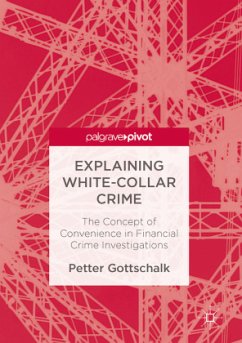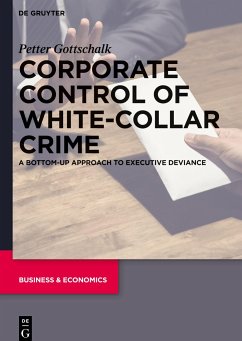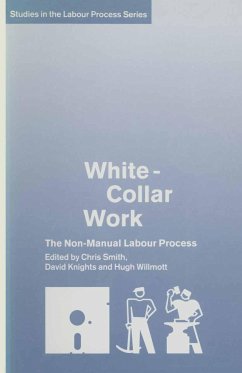
White-collar Worker
Versandkostenfrei!
Versandfertig in 6-10 Tagen
23,99 €
inkl. MwSt.

PAYBACK Punkte
12 °P sammeln!
High Quality Content by WIKIPEDIA articles! The term white-collar worker refers to a salaried professional or an educated worker who performs semi-professional office, administrative, and sales coordination tasks, as opposed to a blue-collar worker, whose job requires manual labor. "White-collar work" is an informal term, defined in contrast to "blue-collar work". The term "white collar" is accredited to Upton Sinclair, an American writer, in relation to modern clerical, administrative and management workers during the 1930s, though references to "easy work and a white collar" appear as early ...
High Quality Content by WIKIPEDIA articles! The term white-collar worker refers to a salaried professional or an educated worker who performs semi-professional office, administrative, and sales coordination tasks, as opposed to a blue-collar worker, whose job requires manual labor. "White-collar work" is an informal term, defined in contrast to "blue-collar work". The term "white collar" is accredited to Upton Sinclair, an American writer, in relation to modern clerical, administrative and management workers during the 1930s, though references to "easy work and a white collar" appear as early as 1911. Examples of its usage in the 1920's include a 1923 Wall Street Journal article that reads, "Movement from high schools to manual labor in steel plants is unusual, as boys formerly sought white collar work." Sinclair's usage is related to the fact that during most of the nineteenth and twentieth centuries, male office workers in European and American countries almost always had to wear white, collared dress shirts.












